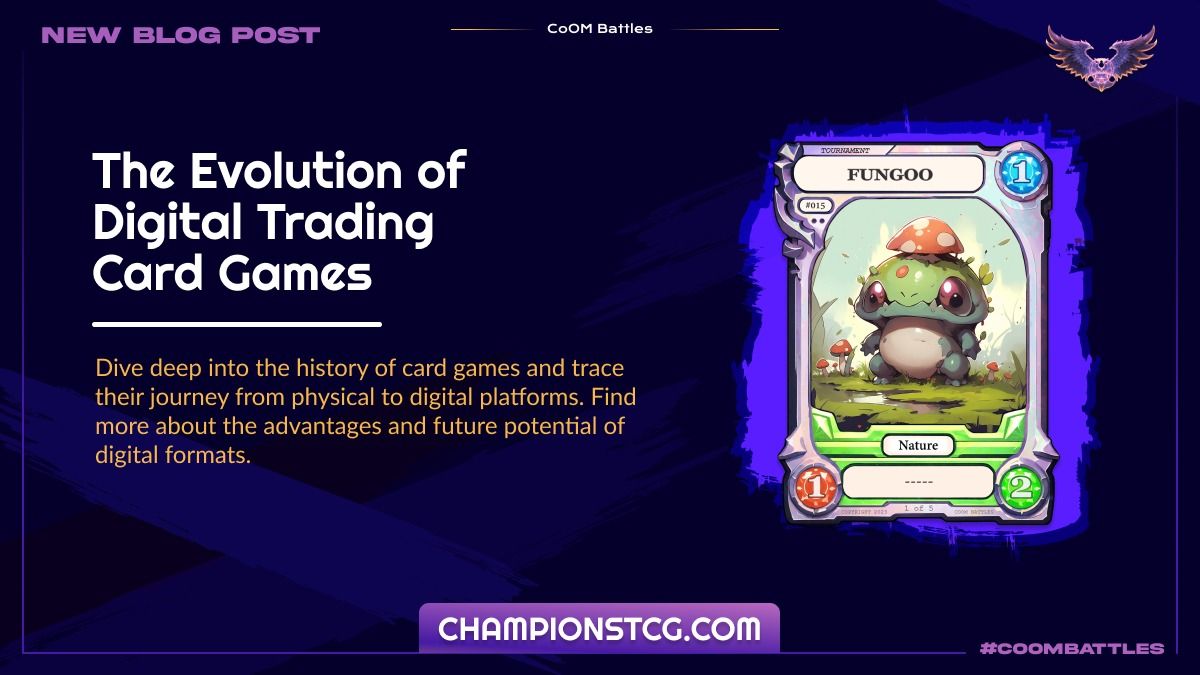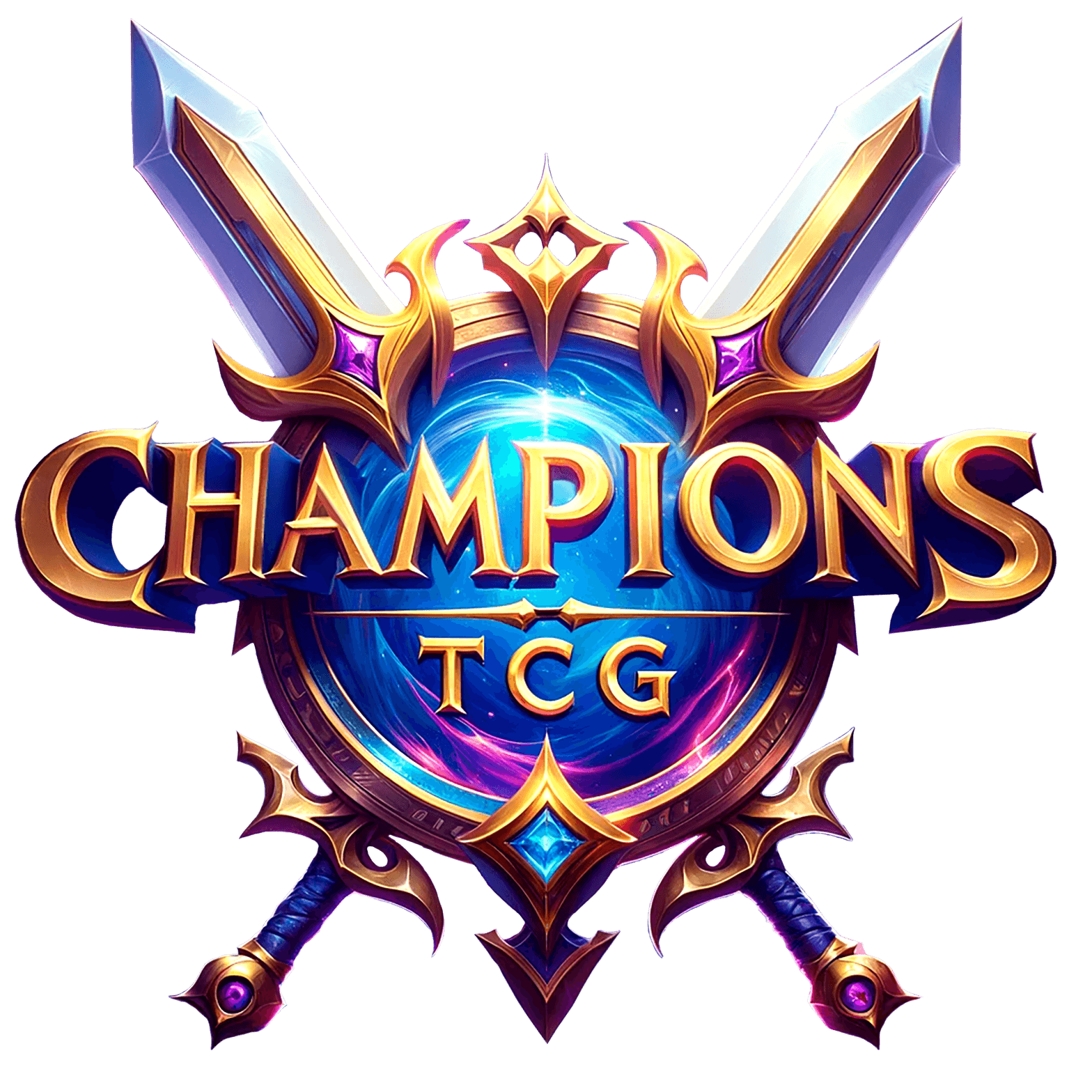The Evolution of Trading Card Games: From Cardboard to Cyberspace

Trading Card Games (TCGs) have come a long way since their inception. What started as a niche hobby in the late 20th century has evolved into a global phenomenon, captivating millions of players worldwide. The journey of TCGs from physical cards to digital platforms is a remarkable tale of adaptation and innovation. In this blog, we'll take a deep dive into the history of card games and trace their transformation from tangible collectibles to virtual battles. We'll also explore the advantages and future potential of digital TCG formats.
The Birth of Card Games
The origins of TCGs can be traced back to traditional playing cards, which have been around for centuries. However, the concept of collectible card games as we know them today was popularized by Richard Garfield's groundbreaking game, Magic: The Gathering, in 1993. Magic introduced the concept of unique, collectible cards with varying rarities and abilities, setting the stage for the TCG boom of the 1990s.
The Physical TCG Boom
The 1990s saw a surge in the popularity of physical TCGs. Iconic franchises like Pokémon and Yu-Gi-Oh! captured the imaginations of players of all ages. The thrill of collecting rare cards and battling opponents in face-to-face duels became a cultural phenomenon. Physical TCGs fostered social interactions, card trading, and a sense of community among players.
The Transition to Digital
As technology advanced, TCGs started their transition to digital platforms. The advent of the internet and online gaming opened up new possibilities for the genre. Online versions of popular TCGs, such as Magic: The Gathering Online and Pokémon Trading Card Game Online, gained traction. Players could now compete with opponents from around the world without leaving their homes.
Advantages of Digital TCGs
- Accessibility: Digital TCGs break down geographical barriers, allowing players to compete globally, find opponents at any time, and access their card collections from any device.
- Affordability: Building a competitive physical TCG deck can be expensive due to the cost of rare cards. In digital TCGs, players can often earn cards through gameplay or purchase them at a fraction of the cost.
- Convenience: Digital TCGs eliminate the need for physical card storage, making it easier to manage large card collections. Players can also experiment with deck builds more efficiently.
- Continuous Updates: Digital TCGs can receive regular updates, including new card sets, balancing changes, and bug fixes, ensuring a dynamic and evolving gaming experience.
- Spectatorship: Streaming platforms like Twitch have popularized digital TCG tournaments, making it easier for fans to watch high-level play and learn from the pros.
The Future Potential of Digital TCGs
Digital TCGs have a bright future ahead. Here are some of the potential developments we can expect:
- Augmented Reality (AR) Integration: Imagine playing a TCG using AR glasses, where your cards come to life before your eyes, adding a new layer of immersion to the gameplay.
- Blockchain Technology: Blockchain can be used to create unique, verifiable digital cards that players truly own, opening up possibilities for in-game economies and asset trading.
- Cross-Platform Play: Future TCGs will likely offer cross-platform compatibility, allowing players on different devices to compete seamlessly.
- Enhanced Social Features: The integration of social features and virtual spaces for players to interact and trade cards will foster a sense of community.
- AI-Powered Gameplay: AI algorithms can provide personalized challenges and deck-building suggestions, enhancing the single-player experience.
The evolution of Trading Card Games from physical to digital formats is a testament to the adaptability and enduring appeal of the genre. While physical TCGs will always have a special place in the hearts of collectors and enthusiasts, digital TCGs offer a world of advantages, accessibility, and innovation that will continue to shape the future of this beloved hobby. As technology continues to advance, we can only imagine the exciting possibilities that lie ahead in the ever-evolving world of TCGs. Whether you prefer shuffling cards in your hands or clicking your mouse, one thing is certain: the world of TCGs is bound to keep evolving, captivating players for generations to come.
